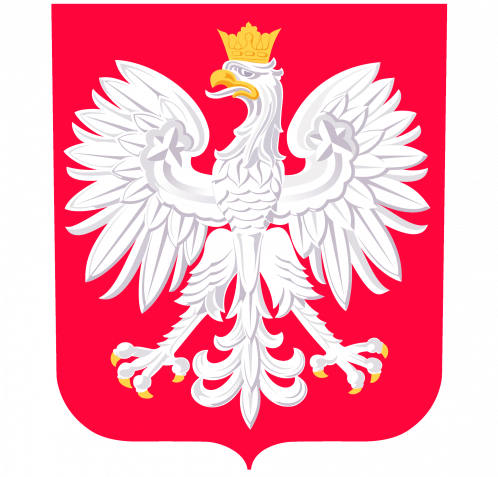About the project
The Educational Research Institute is leading the project ‘Microcredentials – Piloting a New
Solution to Support Lifelong Learning’, which is funded by the European Social Fund
(FERS).
Project Objectives
The main aim of the project is to test whether microcredentials are useful for developing
different types of skills in line with the idea of lifelong learning. Designing the process of
issuing and collecting microcredentials is also a key element of the project. The solutions
developed are a response to the Recommendation of the Council of the European Union of
22 June 2022 on a European approach to microcredentials, which recommends to member
states, among other things, that microcredentials:
- enable the acquisition and updating of knowledge, skills and social competences that ensure success in a changing labour market;
- support the preparation of microcredential providers to increase the quality, transparency, accessibility and flexibility of their educational offers to ensure individual learning and career paths.
The project implements these recommendations by developing standards for creating and
issuing microcredentials in such a way that they meet labour market credibility requirements.
As the project introduces a digital form of issuing microcredentials, they will not only be more
accessible but also better adapted to the requirements of the modern world. The experience
gained during the implementation of the project will allow the system of issuing
microcredentials to be adapted to the needs of all users and to be used to support the
practice of lifelong learning. Activities in this regard will be conducted in cooperation with
representatives of interested entities, including training companies, recruitment agencies,
industry organisations, enterprises, and higher education institutions.
The standards and solutions developed can be applied in many areas, among others:
- in motivating adults to improve their existing skills and acquire new ones,
- in increasing the efficiency of recruitment and planning the career paths of employees,
- in developing more flexible forms of education,
- in popularising the assessment and confirmation of competences acquired outside formal education (e.g., in the course of self-learning),
- in serving as an important complement to school and university diplomas, as they may contain information about specific skills acquired by the learner,
- in popularising digital solutions in education.
Project Activities
The project is divided into 4 main parts which correspond to the main tasks of the project, which are:
- development of standards and solutions for designing, describing, issuing and ensuring the credibility of microcredentials,
- pilot implementation of digital microcredentials of skills and achievements,
- developing the usability and ensuring the availability of the Odznaka+ application as a tool to support the use of microcredentials,
- disseminating microcredentials as a flexible tool for up-skilling and re-skilling in the context of lifelong learning (especially for adults), and taking steps to integrate this solution into practice or policy.
Target groups
The project will primarily target groups working on ICT skills development, such as:
- representatives of universities (rectors, lecturers),
- representatives of associations, educational institutions and NGOs,
- employers looking for employees with specific skills,
- training companies,
- recruitment agencies,
- industry organisations and sector skills councils,
- employees,
- young adults entering the job market, e.g., graduate students, trainees.
#FunduszeUE #FunduszeEuropejskie
Total project funding is PLN 22,910,771.76, including a European Funds contribution of PLN 21,765,233.17. Project number: FERS.05.01-IZ.00-0001/23
Date of signing the agreement: 29.09.2023
State budget funding: PLN 1,145,538.59


We would like to inform you about the ability to report on suspected non-compliance of the Project or activities of the Beneficiary with the Convention on the Rights of Persons with Disabilities drawn up in New York on December 13, 2006 (Journal of Laws of 2012, item 1169, as amended; hereinafter referred to as “CRPD”) to the Managing Authority or Intermediate Body. Information, notifications or complaints regarding the occurrence of the non-compliance of FERS projects with the provisions of CRPD may be submitted by individuals (project participants or their plenipotentiaries and representatives), institutions participating in the implementation of European Union funds, public parties (associations, foundations), by means of (in each of the following cases, the notification shall be considered as submitted in writing):
- traditional mail – in the form of a letter to the following ministries: Ministry of Funds and Regional Policy, ul. Wspólna 2/4, 00-926 Warsaw
- the ePUAP electronic mailbox [elektroniczna skrzynka nadawcza] of the Ministry of Funds and Regional Policy.
